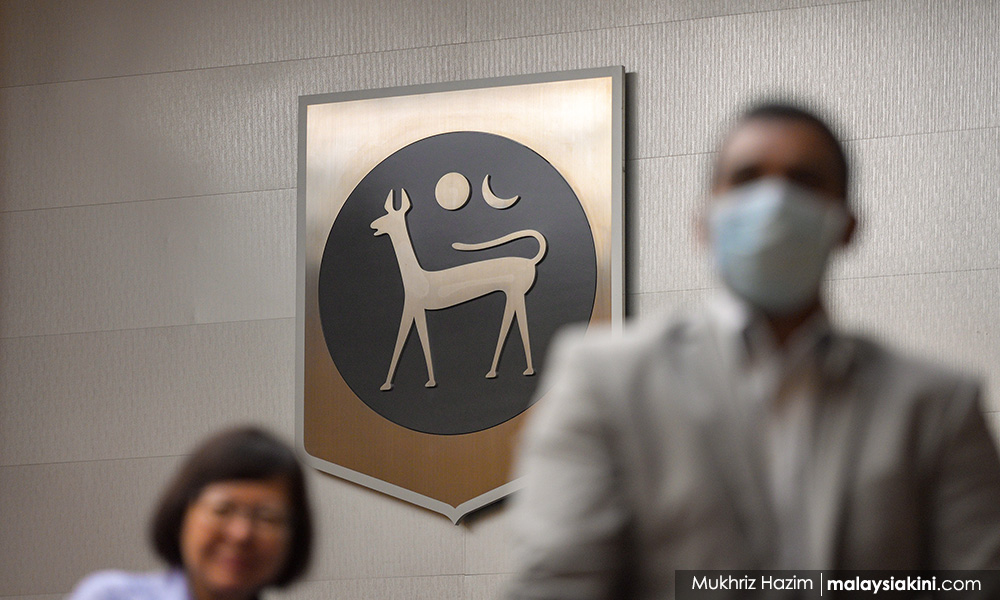Bank Negara Malaysia (BNM) will continue to hold discussions with banking institutions from time to time to improve internal processes and procedures related to politically exposed persons (PEP), the Ministry of Finance (MOF) said.
Deputy Finance Minister II Steven Sim Chee Keong said the central bank would also review and improve internal processes to balance the Malaysian banking system’s credibility and competitiveness.
“This is not a policy that creates negative perceptions towards individuals but a preventive measure for PEPs as they are given authority over public functions of the country or international organisations,” he said during the question and answer session at the Dewan Negara today.
Sim (above) was replying to Senator Mohamad Fatmi Che Salleh who wanted to know if the government is ready to review the implementation of the PEP policy and the impact if Malaysia does not implement the policy.
A PEP refers to one who has been entrusted with a prominent public function or has been entrusted with important functions in international organisations.
Sim urged banking institutions to conduct safety measures, such as implementing the enhanced customer due diligence (ECDD) procedure for high-risk customers, including PEPs.

He said the ECDD aims to obtain comprehensive information and understanding about the customer and further safeguard the country’s financial sector from any risk of financial crime activities.
The need to implement ECDD was established based on international standards set by the Financial Action Task Force (FATF), an international body that sets standards to be complied with by all banks, domestic or abroad, he said.
“Malaysia’s compliance with international standards is subject to joint assessments by FATF members,” he said.
Hence, Sim said the country would be exposed to the risk of an unsatisfactory rating if financial institutions do not continue to implement PEP policies, and a negative assessment of the country would have serious impacts on our banking system.
“For example, Malaysians and companies established in the country will be subjected to a stricter level of scrutiny and monitoring when dealing with foreign parties, making it difficult to open accounts and conduct cross-border financial transactions,” he added.
- Bernama




No comments:
Post a Comment
Note: Only a member of this blog may post a comment.